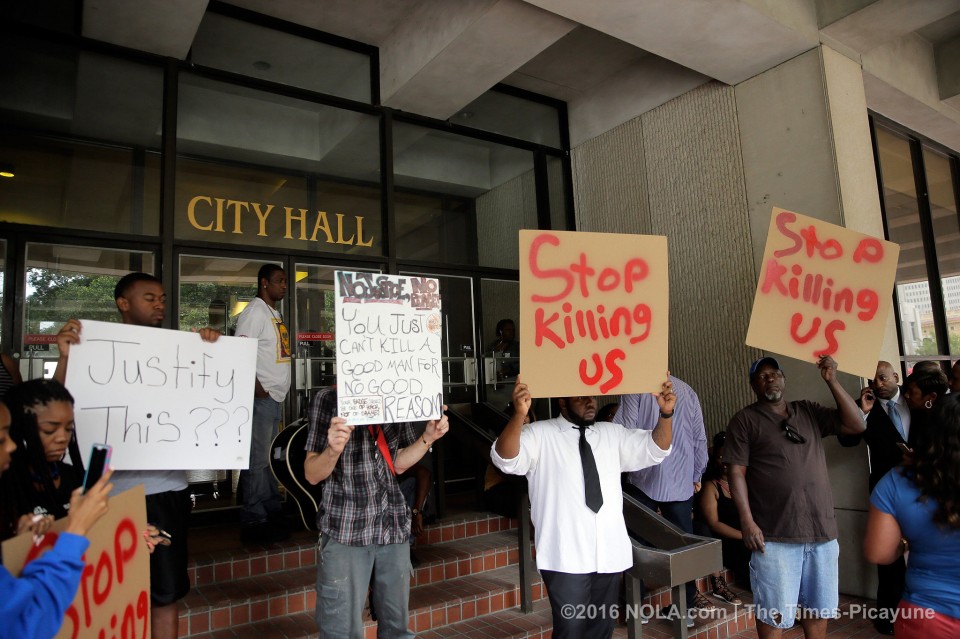I spent a chunk of this morning communing with my grandparents, though I didn’t realize till it was almost over.
The early morning was a bit stressful. Nothing really noteworthy in terms of effect on me, just mildly grinding, the latest episode in a special feature of this week, itself a present entry in the “Saul Becomes a Parent after All” universe (exclusively available to WYRPA6DAMFASSOFATOS™ — Will You Really Pay Another $6/mo for Another Streaming Service Only for Access to One Show).
So I did what I do under stress, which is eat. And hide. There are connections to my grandparents right away in both, but they’re nuanced and interwoven with my own experience, and speculative, and so on. I don’t know that any of them were stress eaters, although I have a feeling my father’s father, Izzy, and mother’s mother, Georgie, might have been. I know he ate distractedly. I know she was anxious.
Where it gets stronger (but I wasn’t really thinking about this yet) is in what I ate, and where. Not that it was fast food chain drive-thru breakfast — only Poppy Izzy probably would have ever found that appealing on any level. But I went to two different chains, because one has the cheapest soda and the other has the best breakfast sandwich, the latter persistently but secretly available at two for one.
Hitting two different stores to get the best meal for the least money ticks a frugality box which all my grandparents shared, in different ways. Note, this involves more time and more power-cost for the drive (though to be fair in my case, one store was on the way to the other). But each grandparent could be extremely frugal and also free-spending in order to satisfy that frugality (or other priority, and their several priorities naturally differed). Hitting two different stores to get the right mix also hooks very directly to my father’s mother, Rae, who regularly sent my father and his sister to multiple markets because one of them had her standard bread and another had her raisin bread and another had her cottage cheese and another…
That breakfast sandwich has always been the best one, making it a ritual object and trips to get it a ritual for me. Everyone has rituals, including food rituals, but few people have food rituals like my Bubbi Rae, who ate the same things for the same meals on the same days of the week for longer than I knew her. This is not something I do — but it is something I am capable of, and something the appeal of which I definitely feel. (It’s just that random variety also appeals.)
Bubbi Rae would probably never have added that breakfast sandwich to her menu, though. For one thing, the meat on it is pork. Bubbi didn’t keep kosher except de facto (or maybe self-asserted de jure): what she had not already eaten, she was unlikely to eat. For another, the sandwich would certainly have struck her as too “heavy.” (Might she have accepted half? Possibly.)
My Gramma Georgie on the other hand would have had a finely-tuned appreciation for this sandwich. The structure layers are split halves of an actual biscuit: dense but soft, crumbly but moist with shortening, salty, baked to a crisp-but-unburnt edge. The meat is a patty of actual “country” sausage: salty, peppery without fire, balanced hints of onion and garlic and Scarborough Fair, course enough to be crumbly too but fine enough never to put jaw to hard work. What she would have made of the egg — scrambled, allowed to spread thin over a big griddle, and then folded over twice into a square — I don’t know. From the texture it doesn’t seem to have been frozen along the way, at least.
I ordered some of that chain’s little coin-shaped potato cakes. Normally (see food rituals, above) I eat these as I drive home, to keep them from getting cold first. Today’s batch was already cold, but otherwise in unusually good condition. I decided to try to revive them later at home. Considering whether to park and eat the sandwiches, I remembered that I had just crossed Indian Creek, and that there are parking lots in the vicinity which abut the creek. I found one such without having to make any left turns at uncontrolled intersections (an anxiety I’m sure Gramma Georgie would have shared if she’d ever driven a car) and ate creek-side. And that’s my mother’s father, Ren. It’s through and because of him (and my mother) that I know where our creeks are, and their names, and that visiting and traveling them is pleasant (with or without a meal). I also just remembered that I did cross at an uncontrolled intersection, something he positively enjoyed, especially when on foot.
Once home, I briefly considered re-frying the cakes in a pan as more efficient all around than heating the oven. Then I remembered that we’re now in possession of an “air fryer” and decided to risk using it. “What risk?” you may ask: the risk of doing a specific thing for the first time, of a sort which I’d only done a very few times. There’s Gramma Georgie’s anxiety again, though Bubbi Rae’s food rituals betray similar possibility.
I consulted the internet for advice, plugged in the air fryer, loaded the cakes into its cooking drawer, set time and temperature. Everything worked, and the sample cake I pulled out to test after five minutes of cooking was hot without having lost the hallmark textures of deep frying. With my right hand I retrieved the square paper cup the cakes were served in, and began gently shaking/sliding cakes from the cooking drawer with my left hand back into the paper cup. Some pitcher-pouring reflex led me to perform this operation holding both containers over the kitchen sink.
But the cooking drawer, albeit a flat-bottomed bowl with a handle on one side, was not designed as a pitcher. It is wider at the top than the bottom, but fairly steep-sided, with no spout. Crucially, it also has a grill rack set near the base, which rack is removable for ease of cleaning both the rack and the drawer.
I stood there, watching the cakes slide from drawer to cup, anticipating the brief joy of eating the cakes, and in retrospect I can feel Poppy Izzy strongly there. I also felt very pleased with myself for having taken the risk, and for having it pay off, for the opportunity to use a new gadget, for having made so little mess, and just the cleverness and coordination of my own hands. In retrospect, I feel my mother’s parents in their different ways in all of that. In a roundabout way I can also feel in it my Bubbi Rae, who for all of my life and years before had only partial use of one hand.
And then I tilted the drawer far enough that the rack tipped out through the mouth of the drawer and flipped onto my other hand.
My recollection of the rack’s heat is that it was not strong enough to burn, but it got my attention faster than I could evaluate it, faster even than I could recognize what had happened. By reflex I shouted, spread the fingers of my right hand apart and jerked it forward and back, knocking the rack safely away — and flinging all the potato cakes from the paper cup across the bottom of the kitchen sink basin.
I experienced a momentary mental anguish out of all proportion to the loss — Gramma Georgie there — and a purely human momentary fear as my mind caught up with events and I wondered whether or how badly I had been burned. Hours later, I can see and feel two points of contact that are minor burns, on the back of my hand just above my index finger, and just above my wrist. In the moment I didn’t feel them at all, though, and I’m usually very sensitive to them.
I found myself laughing Grampa Ren’s laugh. By this I do not mean primarily that this form of my laughter sounded like his, even in my own ears (although it does sometimes sound like his, to me and to others). I mean that sometimes my laughter feels to me that I am hearing him laugh, and this was one of those times. And, despite years of more recent conditioning, I ate the cakes out of the sink, as I’m sure any of my grandparents would have done under the right circumstances.
I don’t know what precipitated the laughter more, relief or the sudden nearly-complete reversal of my petty triumph and satisfaction. But it was the latter and the laughter itself that brought my Grampa Ren all the way forward to me. Then I was able to look back over the morning and see all four of them.
This is the lesson I now have to somehow teach my living, learning daughter: the lesson I only sometimes know in my heart as well as I do in my mind, because I am grandchild of all four of them and the lesson only came from Ren, and because I am myself and not him. The foundation of all loss, from the smallest to the largest, is absurdity.
Mourning and mirth cannot be substituted for each other, and neither should be engaged at a friend’s or a stranger’s expense, but they are not so different and can even happen together. Look for the absurdity, let the mirth in, if it presents itself, if it will not add to another’s suffering. In life, always mourn loss, but always find a way to keep moving. You can carry the important losses with you, you can laugh the others aside — and sometimes, maybe not right away, you can do both at once.
(My Bubbi Rae also taught me to keep moving, though for all of my life and years before she could not use her legs to do it. Her lesson was not about laughter, though she laughed freely, and not about letting go. Sometimes the only way to keep moving is to hold on.)




